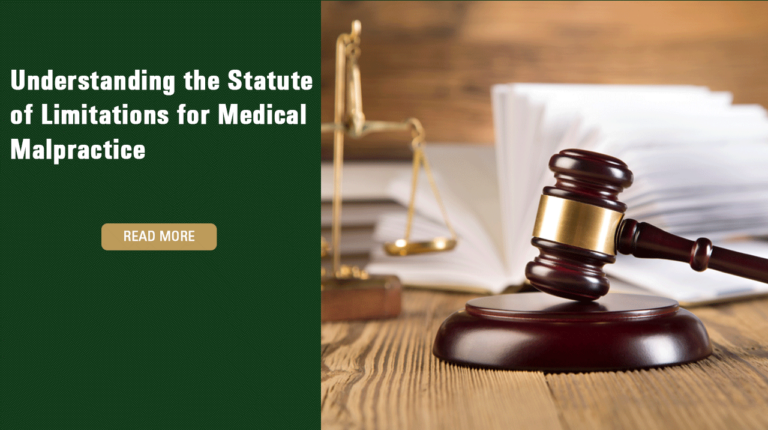Unauthorized Therapies Without Consent: Can You File A Legal Action?
Discover AllLaw's library of cost-free lawful posts, follow this link or obtain connected with a lawyer. Allow's take a better consider some prospective issues associated with the permission form.
- A doctor should give "informed approval" by discussing the dangers and problems that may occur during a procedure, and by enabling the client to ask concerns about dangers and problems.While it is feasible to represent on your own, the intricacies of privacy regulation make seeking advice from an attorney suggested.They can help collect one of the most effective evidence and form one of the most compelling disagreements.It secures them from liability only for the risks that are fairly revealed and understood by the individual.

Can Lack Of Individual Approval Indicate Medical Negligence?
They can explain the best procedure for filing a protest and a civil legal action. Healthcare providers in an emergency room may be unable to obtain consent from the patient brought in for therapy. Frequently, initial responders bring clients know their own and do not have a rep with them. The clinical team can begin life-saving therapy without informed permission. Nevertheless, they must acquire consent immediately to proceed therapy.

Can A Relative Take Legal Action Against In Support Of An Individual?
Finally, the medical professional will certainly go over the effects of passing by any treatment option and selecting no therapy. A medical professional that stops working to acquire a client's notified authorization may likewise be filed a claim against by the individual's partner for loss of consortium. If a patient's treatment causes disease or injury, the client might suggest that they would certainly have made a different treatment decision if the physician had very first secured their notified permission.
However approval calls for more than the individual simply consenting to the procedure; the person should provide educated permission. Likewise, some adults over 18 have a legal guardian that is accredited to make clinical decisions on their part. Seeking educated permission from the patient can create more harm than great. In these scenarios, educated permission from the guardian is required, not the individual. To prosper in a claim, a complainant must show the defendant used their identification for industrial advantage without approval. The harm can be the loss of potential earnings or the unauthorized association with a services or product.
Decolonizing Digital Health And Wellness: Reclaiming Equity, Consent, And Governance In Global Health Technology
No matter the advantages and dangers of these campaigns, they all highlight exactly how liquid and malleable AI regulation still is. As current efforts continue to define AI's development, whether they cause risk-free, empowering technologies, or untested, undecipherable ones, will form these systems' integration right into society. This tort entails the unauthorized use of an individual's name, photograph, or identity for a business objective. It protects an individual's right to manage the business use their identification, such as a business using a celeb's image in an ad Expert Witnesses without authorization. For instance, you undergo back surgical treatment and endure long-term nerve damage, yet your doctor never ever told you that paralysis was a possible result.